
Sumatra Bioscience (SumBio) or Bah Lias Research Station (BLRS), Lonsum’s in-house research station in North Sumatra, South Sumatra and East Kalimantan, serves as the Company’s hub for research and development (R&D) activities mainly in crop yield and productivity, crop resilience, pest and disease control and good estate management practices.
Ongoing R&D activities include research on high-yielding and disease-tolerant oil palm seeds, block-base farming, soil conservation and utilization of mill wastes as nutrient substitute to oil palm blocks. These activities aim to help Lonsum achieves sustainable crop production with higher productivity and lower costs.
In addition, SumBio is a certified oil palm seed producer, known for its superior oil palm seeds with high quality, higher crop yields potentials and disease tolerance. There are two pick-up locations for oil palm seeds at Bah Lias (North Sumatra) and Samarinda (East Kalimantan)
Sumatra Bioscience (SumBio) or more popular with Bah Lias Research Station (BLRS) is a division of research and service of PT. PP. London Sumatra Indonesia, Tbk (Lonsum). Our company was originally formed by Harrison and Crossfield company and became part of Indo Agri Group.
We have gained a reputation as producer of superior oil palm seeds with qualified planting materials that have been commercially proven in Indonesia and generally outperform the yield performance of overseas materialsThe results of tested-commercial BLRS materials show various excellent characters such as:
| No of Seed Order | Price (Rp) | Allowance (%) |
|---|---|---|
| ≤ 250,000 | 9,000 | 5 |
| >250,000 – 500,000 | 8,000 | 7,5 |
| > 500,000 | 7,500 | 10 |
For Oil Palm Seed Purchase Request Form CLICK HERE
Plant breeding is the main motor of our research and development efforts. Facilities development and enrich the material genetics continue to improve and discover the higher quality planting materials, especially oil palm and cocoa commodities. We have released seven high yielding varieties with genetic basis and different advantages.
Conventional breeding is supported by biotechnology in which work together to a common goal with the main focus to get the Ganoderma resistant planting materials, supports harvesting efficiency, high oil content and high yielding per hectare.
Meanwhile, the quality management system production Lonsums, breeding seeds and biotechnology, all of which have obtained recertification of ISO 9001: 2008.
Agronomy division focus on advisory works including, replanting, land preparation, new planting, immature and mature monitoring. Analysis of crop yield level and palm health are identified carefully by considering palm condition (K1), estate condition (K2), infrastructure (K3), natural resource and climate (K4), social (K5) and Management (K6). Furthermore agronomy division also carry out field trials to response the operational queries including both in-organic and organic fertilizer, castration, monitor block, plant density and soil survey.
Utilisation of mill waste into compost as organic nutrient source is also the agronomy emphases by monitoring compost quality from both aerated bunkers and windrow compost. This will provide benefits through cost savings and benefits of organic fertilizers.
Leaf Analysis Laboratory supports agronomy division by analyzing plant tissue, soil, compost, mill waste and fertilizer. This laboratory affiliate to International Plant Analytical Ex-change in Wagenighen University in Netherland (external) for laboratory quality monitoring as well as daily quality control as internal monitoring
Fertilizer Recommendation
Fertilizer recommendation is one BLRS service that aims to determine the dosage and type of fertilizer that is optimal for oil palm plantations, good for immature plants (TBM) and mature plants (TM).
By the accurate of dosage and type of fertilizers, the growth and crop productions could reach more optimum level and profitable for longer terms. Beside determining the dosage and types of fertilizers, BLRS also provide additional services of training to the customers; methodology of sampling, field inspection and a complete fertilizer report. Here are the service rates for providing the fertilization recommendations.
| Total Area (Ha) | Price (Rp / Ha) |
|---|---|
| Creating new LSU | 6,000 |
| 0-3000 | 16,500 |
| 3001-5000 | 16,000 |
| > 5000 | 14,000 |
All visit costs such as accommodation, transport and meals are borne by the customer
An example of cost calculation for the garden area of ??6,500 ha: 3,000 ha x Rp. 16.500 2.000 1.500 Rp.16.000 ha ha x x Rp. 14,000 = Rp. 10 2.500.000, - (without creating new LSU).
Activity of Crop Protection focus on preventing loss of crop yields through the development of an effective integrated pest and disease management (IPM: Integrated pest and disease management) based on monitoring the potential outbreaks of pests and diseases, identification of pests and new pathogens, as well as the development of an effective biotechnology-based controlling methods.
BLRS continue to achieve significant progress in the development of plant material that is more resistance to Ganoderma. We also conduct intensive efforts to optimize the practice of replanting oil palm and rubber in order to prevent loss of crop yields during the first years after planting.
One of the integrated controls that have been implemented in Lonsum's plantations is the use of beneficial microorganism agents (Biofungicides). The selection of biological agents to control Ganoderma infections has been carried out by Sumatra Bioscience (SumBio) i.e Trichoderma SBJ8 derived from oil palm in Lonsum plantation, North Sumatra which has been tested in the laboratory, nursery and field. The result showed that the tested-isolates were able to control Ganoderma. Trichoderma is recommended to be applied in nursery planting, planting hole, and sanitazion hole. The price is Rp. 18,500 /kg
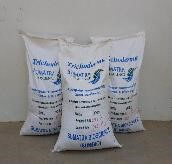
Trichoderma product with 30 kg/pack
Lonsum has also produced Bioinsecticides with active ingredient Cordyceps militaris which is an entomopathogenic on Lepidoptera larvae and pupae. Cordyceps militaris fungus has been proven to be effective in controlling pests with infection symptoms i.e the appearance of mycelia on the larvae or pupae abdomen. The price is Rp. 25,000 /kg
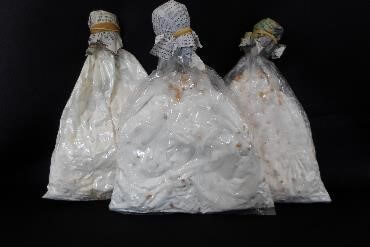
Cordyceps product with 250 gr/pack
Bio Fungicide is Ingrediented Active Trichoderma Virens (SBJ 8)
Basal Stem Rot (BSR) of oil palm caused by Ganoderma boninense, is a major disease in Southeast Asia. Various types of control techniques have been done. Sumatra Bioscience recommends a replanting system by using one year land management for prevention and enumeration of oil palm trunk which can significantly reduce the incidence of infection for the next generations (Virdiana et.al, 2011).
Selection of biological agents to control Ganoderma infections has been done by Sumatra Bioscience (SumBio). Trichoderma SBJ 8 derived from oil palm in Lonsum estate, North Sumatra, has been tested in the laboratory, nursery and field. The result showed that the tested-isolates were able to control the disease Ganoderma.
Trichoderma isolates have been proven for having a good growth rate and showed aggressiveness in the test by using glass chamber and nursery.
Bio Insecticide is Ingrediented Active Cordyceps militaris
Bioinsecticide is Ingrediented active Cordyceps militaris is belong to entomopathogenic on lepidoptera larvae and pupae, proves its effectiveness on controlling the symptoms caused by infection of nettle caterpillars which indicated by the appearance of mycelia in the abdomen larvae/pupae. Furthermore, pupa will be thicker followed by the appearance of reddish fruiting body on the surface of pupa. For the application, Cordyceps is recommended about 200 grams in the rooting area and 200 grams in the hips.
Price : Rp. 25,000 / Kg
Data and Statistics division has an important role to ensure all data from the beginning to the latest research well stored with a reliable level of security. Currently, Lonsum has 352 estate trials that are scattered throughout the Lonsum estates. Thus, it is possible that Lonsum has the largest number of trials than other agriculture-based research institutions of in Indonesia.
Data and Statistics division also helps researchers for statistical analysis, giving advices on the best experimental designs and foremost researchers to manage all the data from the data entry through statistical analysis of each experiments with the application of the latest statistics.
Informatics incorporated in Statistic Data division give an easiness for any researchers and non-researchers in Lonsum research institutions through the provision of computer applications including websites. So that the routing activities include research, laboratory, commercial seed production, experimental data entry and others can run more efficient, effective, and faster with high degree of accuracy.
Bah Lias Research Station uses a biotechnology to support plant breeding programs. There are several laboratories developed for activity such as tissue culture, genomic and cellular observation located in North Sumatra. Each laboratory continues to develop appropriate techniques and methods for used in various needs.
Biotechnology supports plant breeding programs by accelerating breeding process through multiplying elite plants, trait identification, selection of plant genotype and traits, shortcuts to several processes, etc. All activities are focused on getting Ganoderma resistant planting materials, supports harvesting efficiency, high oil content and high yielding per hectare. Furthermore, biotechnology assists crop protection in various activities such as identification, protocol development, etc.
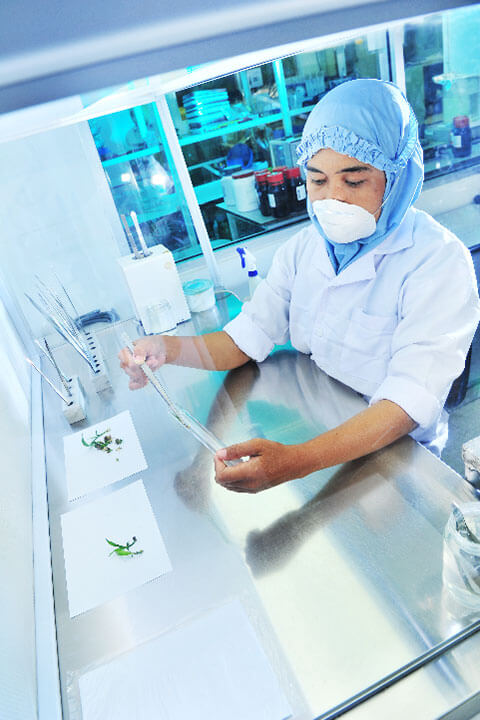
Figure 1. Oil Palm Tissue Culture Laboratory
Geographic Information System section is responsible to produce map for all Lonsum’s plantation, starting from estate level to blocks and further down to individual palms.
The latest technology is being used i.e. Global Positioning System (GPS), Total Station, satellite and aerial photos, Drone, and Unmanned Aerial Vehicles for data collection which then processed and published using various mapping software.
The mapping data produced by GIS are also used by the company to support company operational from administration, management and decisions making.
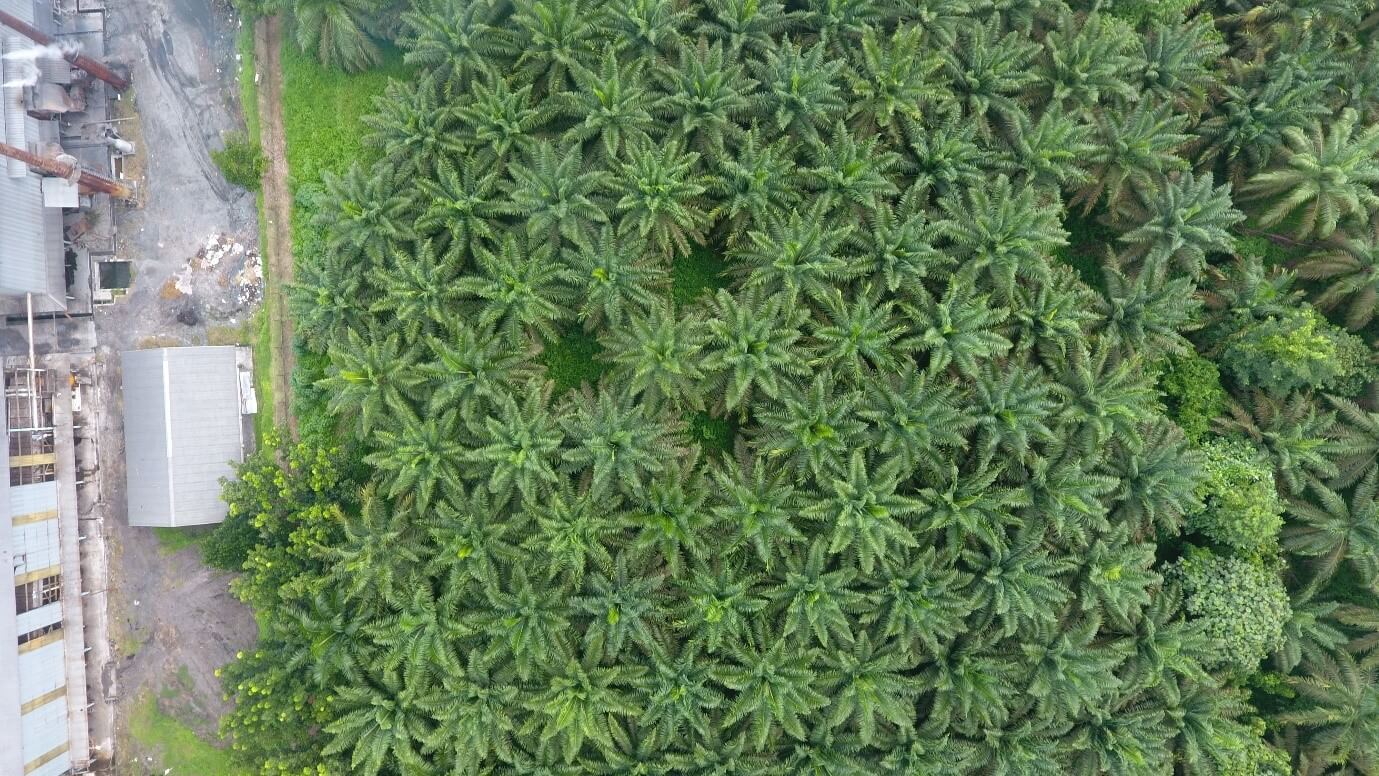
Figure 2: Aerial photo by Drone for Individual Palm
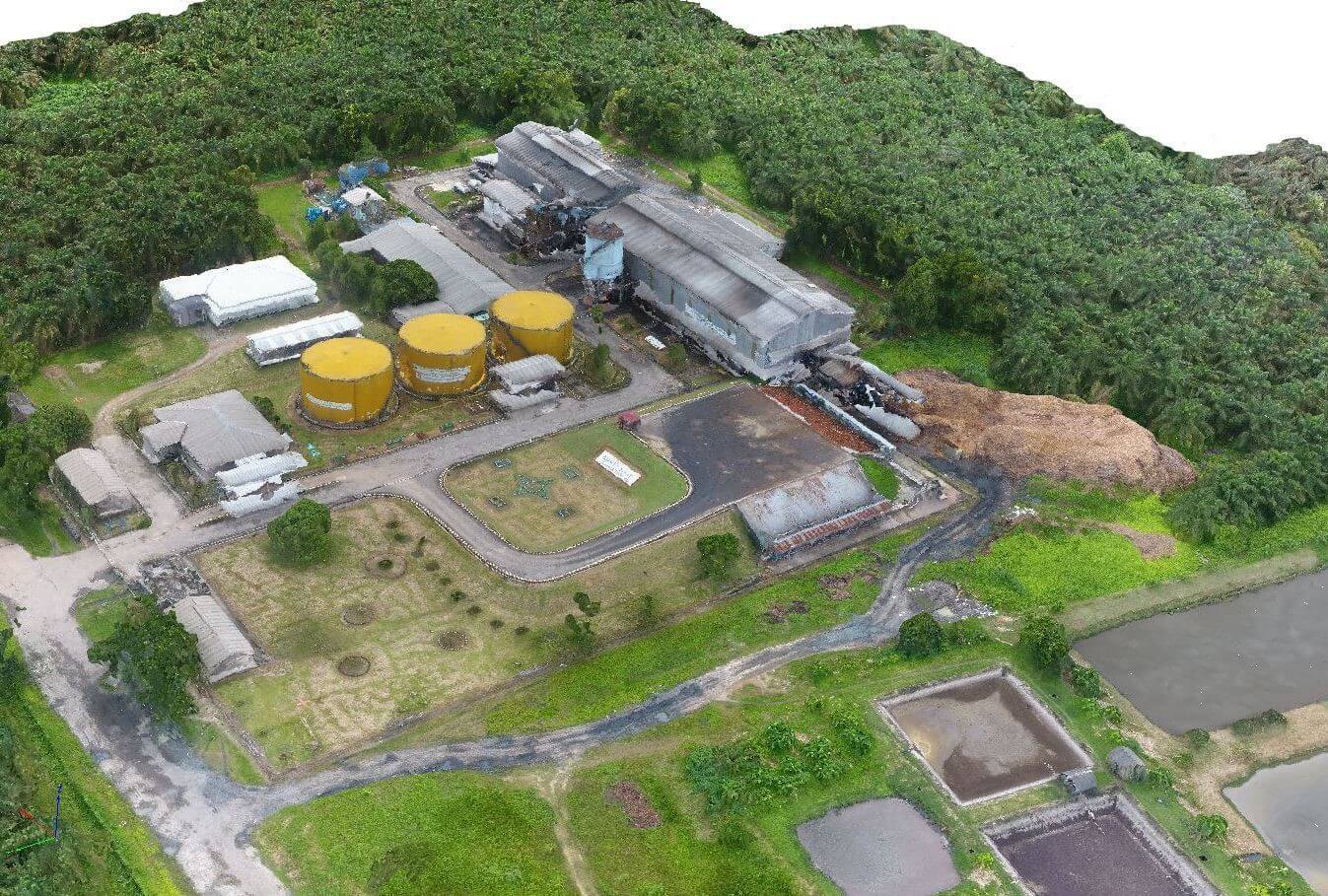
Figure 3: 3D model of Terawas Indah Palm Oil Mill